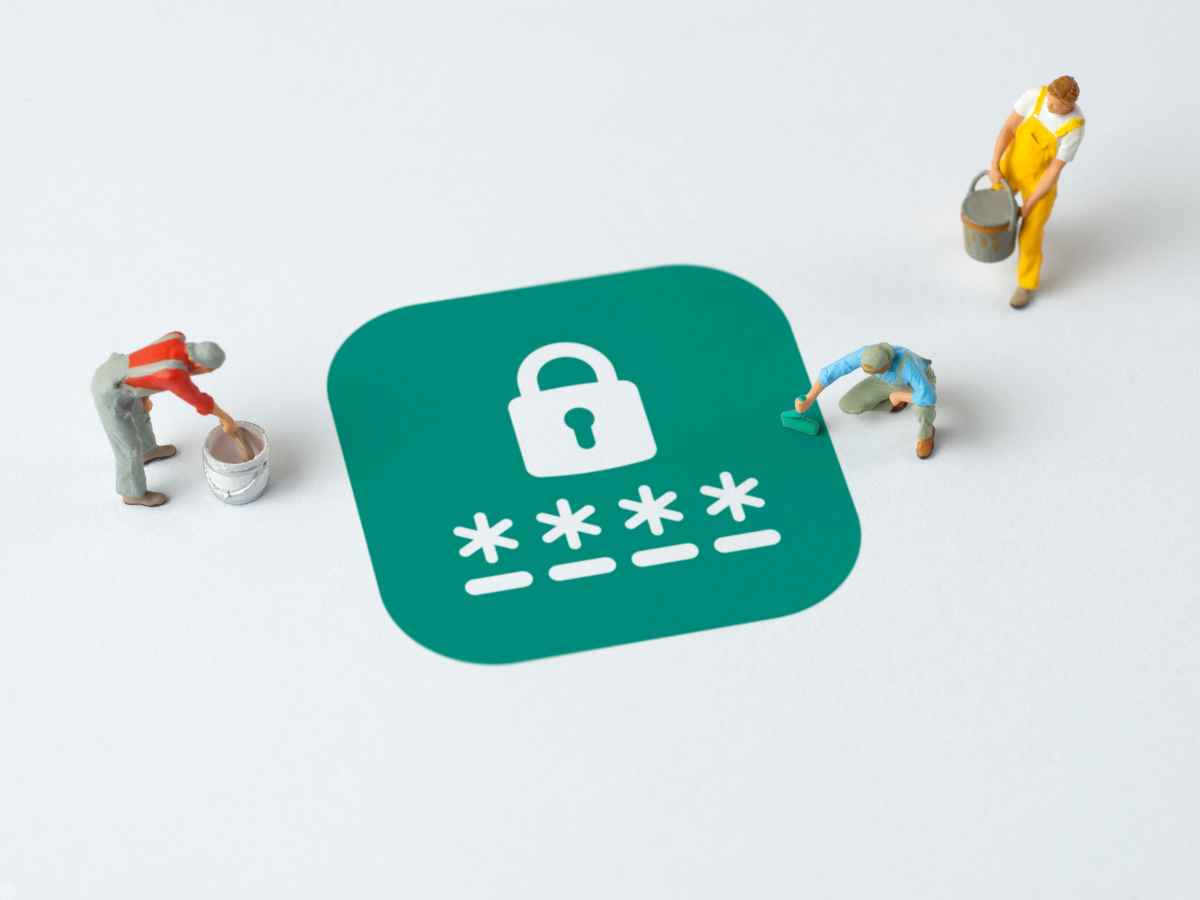In this constantly changing world, the only constant thing is change. You may clearly notice that everything seems to be changing in the blink of an eye, whether talking about technology, work cultures, or even the way we interact. However, there is one skill that stands as the true MVP in the game of soft skills: adaptability. The magical ability turns problems into opportunities. While technical skills get you in the door, adaptability is what keeps you in the game.
Let’s understand adaptability better through this scenario: you are at a team meeting, and the project you’ve been working on for weeks suddenly shifts in a completely different direction. Where everyone else is stressing about the changes, but you? You take a deep breath, reframe the plan in your mind, and suggest how to shift smoothly to align with the new goals, all this while keeping a positive attitude. You’re not just reacting to change; you’re driving it forward. That is an example of adaptability in action. It is not about just handling unexpected changes, but about embracing them to grow and be more successful. Let’s understand how adaptability is not just a skill but a superpower that can transform your career and personal life.
Make Adaptability Your New Best Buddy
Adaptability is like your Swiss army knife for success. A companion whom you can trust completely. It is a learned skill and the best approach to lead through unexpected situations. In today’s rapid work environment, where change is as fast as the trends on Instagram, the need for the ability to adapt is more important than ever. Whether it’s shifting to remote work, embracing new software, or adjusting to team dynamics, being adaptable means you’re prepared for whatever comes your way.
Ever watched a surfer catch a wave? It is not about merely riding a wave; it’s about reading the ocean waves, shifting your stance, and remaining steady as waves shift. Flexible people are the same as surfers in the workplace. They do not follow the wind but anticipate change, adjust quickly, and capitalize on every shift, whether it’s a new direction in a project, a sudden change in the dynamics of a team, or market trends that keep evolving. At a time when things happen very fast, the people who pivot or stay balanced in whatever situation distinguish the best from the rest. Adaptability is no longer a skill but a key to staying ahead in an ever-changing work environment.
The Science Behind Adaptability
You might wonder, “Is adaptability only about being flexible, or is there more to it?” It’s really the best combination of something related to flexibility with emotional intelligence and problem-solving abilities. And when you are able to switch your mindset fast, handle your emotions through uncertainty, and approach challenges creatively, nothing will stop you.
According to psychological studies, adaptability involves several cognitive processes:
- Cognitive Flexibility: Cognitive flexibility allows the individual to shift from one thought and perspective to another without getting stuck in old ruts.
- Emotional Regulation: Staying calm during times of pressure and managing your emotions even when things go wrong.
- Learning Agility: The capacity to swiftly acquire new skills or knowledge to solve unexpected problematic situations.
Power of Adaptability: How It Helps You Shine at Work
Now, the question is, Why is the need for adaptability important for today’s workplace? Because it’s the skill that will help you succeed in any environment. Here’s why:
- Embrace Change Like a Pro: You’ve probably heard this statement, “Change is the only constant.” But while we all know it’s true, not everyone is great at handling change. Some people freeze, others resist, but adaptable people? They thrive. When a new project pops up or an old system gets replaced, they’re the first to roll up their sleeves and figure it out.
- Learn More, Faster: Adaptable individuals are also known for their learning agility. They learn new concepts and skills within no time – be it to quickly master that software application or know the latest trend or rule in the industry. Being open to change means you’re always adding tools to your skills box and always ready to explore something new, making you more valuable to both the team and the organization.
- Be the Calm in the Storm: When things go sideways (as they often do), the adaptable person is calm, and instead of thinking about what has gone wrong they start finding the solutions. They can help guide teams through turbulent waters by constantly focusing on solutions rather than problems. This makes them natural leaders, even if they don’t hold formal leadership positions. These people are the best with problem-solving skills.
- Become More Resilient: Flexibility enables you not to be stuck by failure or some unexpected roadblock. Instead, you quickly adjust, learn from the experience, and try again with a new perspective. Think of it like a GPS rerouting your route. Detours and delays don’t mean the end of the journey; they just mean you’re finding a better way.
- Boost Your Career Path: In the modern workplace, adaptability is often seen as a key leadership trait. If you’re constantly showing up with new ideas, flexing your ability to learn quickly, and tackling challenges head-on. Such a person is not only surviving but thriving. Hence, you are bound to get more opportunities for growth and promotion.
Adaptability in Action: Real-World Examples
Let’s understand better by taking real-world examples of how adaptability can transform both career and life:
- The shift to Remote Work: Remember when the pandemic hit, many employees suddenly got working from home. Remember when the pandemic hit, many employees suddenly had to work from home. Some people could not adapt to the new schedule, while some of them were quick to adapt to the situation. Those who were adaptable figured out new work routines, embraced digital tools, and maintained their productivity without missing a beat.
- Technology Shifts: A great example of how the workplace is evolving is the increasing integration of artificial intelligence and automation. People who resist these changes may find themselves left behind. But those people who love to learn new technologies, embrace these tools and keep learning how to leverage them to improve their productivity and creativity. They’re not threatened by technology; rather, they use it to their advantage.
- Career Shifts: The work world is not static. Sometimes, a person’s career path might take a turn when least expected. Adaptability will allow professionals to adjust to new roles easily, especially in new industries. Being adaptable can give anyone the opportunity to learn new skills and reinvent oneself, and for those career shifts to feel less like disruption.
How to Boost Your Adaptability
So, how can you get better at being adaptable? Here are some tips:

- Embrace Learning: Knowledge is the key. Whether it’s reading up on new trends, taking online courses, or asking for feedback, continuous learning will make you more flexible in the face of change.
- Challenge Your Comfort Zone: Try new things, even if they make you uncomfortable. The more you step outside your comfort zone, the better you’ll get at adapting to new situations, so don’t be scared to try new things.
- Cultivate Emotional Intelligence: Learn how to remain calm and focused when stress or uncertainty creeps in. Emotional intelligence helps you control your reaction and stay steady during change.
- Develop a Growth Mindset: People with a growth mindset can learn and get better over time. This mindset will help you embrace change as an opportunity for personal and professional development.
- Stay Open to Feedback: Feedback, whether positive or negative, is crucial for growth. Adaptable people listen to feedback and make changes based on it to improve their performance.
Conclusion: The Future Belongs to the Adaptable
In an unpredictable world, adaptability isn’t just a soft skill; it’s a superpower. It’s what will help you stay relevant, build resilience, and unlock your full potential in both your career and personal life. The more adaptable you are in both your career and personal life, the more you will thrive.
So, the next time you find yourself in a new situation or some unexpected changes, remember that adaptability is not about having all the answers. It’s about keeping calm, staying curious, and trusting that you can figure it out.






